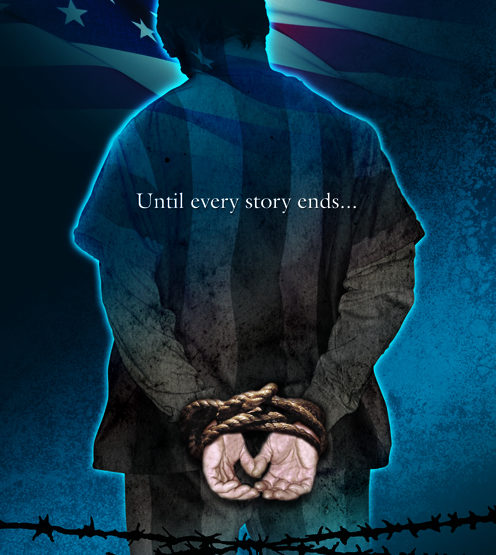Sifting through the remains of lost military members is no easy task, but it’s one researchers and scientists take very seriously at the Defense POW/MIA Accounting Agency labs in Hawaii. Now, they have a brand-new building that will centralize their efforts to identify the lost.
The Senator Daniel K. Inouye Defense POW/MIA Accounting Agency building is an $80 million, 140,000-square-foot facility on Joint Base Pearl Harbor-Hickam that will give researchers state-of-the-art laboratory, administrative and operational storage space.
Considering the work they do, it’s much needed. The agency manages the largest forensic anthropology lab in the world, where researchers sift through remains of missing service members from World War II, Korea and Vietnam, then try to match them to DNA and return them to their loved ones.
“It’s very, very important to provide answers to families. Families want to know what happened to their loved ones – the men who never came home,” said U.S. Navy Capt. Edward Reedy, a DPAA medical examiner.
DPAA Hawaii is currently scattered throughout several older buildings. The new facility will centralize operations and provide much more space, including an entire floor dedicated to lab work and forensic analysis that’s three times larger than what was previously available.
Since the advent of DNA technology in the early 1990s, the process of identifying remains has shifted from using anthropological techniques to pulling mitochondrial and nuclear (autosomal) DNA from skeletal material. The process can take anywhere from months to decades, depending on the quality of the remains. It can be painstaking, too, since many of the lost were buried in mass graves or moved over time.
“When you’re going through thousands of sets of remains, there could be 10 sets for (one soldier) and 10 sets for somebody else. We have to be able to identify each set individually prior to making a determination,” said Army Sgt. 1st Class Shelia Cooper, public affairs noncommissioned officer in charge at the DPAA.
She said 99 percent of servicemen from the Korean War and earlier conflicts don’t have DNA on file, so the agency invites family members to give a sample to test the remains against. But that can still be tough, especially for those who may not have biological family available.
“We have a genealogist who works cases just like that, where they go in and look at the family tree where their ancestries are so that we can possibly get a DNA sample that way,” Cooper said.
The agency has morphed a few times since it was the Army Graves Registration Service during World War II, but the mission has always been the same.
“This is a humanitarian mission,” Reedy said. “We provide a way to open the door and access countries that our government hasn’t previously been able to set up a dialogue with.”
Already have an account? Sign In
Two ways to continue to read this article.
Subscribe
$1.99
every 4 weeks
- Unlimited access to all articles
- Support independent journalism
- Ad-free reading experience
Subscribe Now
Recurring Monthly. Cancel Anytime.
Much of the agency’s work is conducted in foreign countries, including some that might not have the best relationships with the U.S. DPAA officials said their work transcends politics, and that’s how they get their foot in the door.
“We have access to places where other facets of the U.S. military can’t go,” said Gary Shaw, the deputy director of policy and negotiations at the agency. “Although our primary mission is to bring back our missing servicemen and women, there are some positive spinoffs in our relations with other countries. [The mission is] something everyone can get behind. … It’s also a reminder for us and the host nations that we operate in of the terrible price of war that must be paid.”
The new, energy-efficient DPAA facility was named in honor of the late U.S. Sen. Dan Inouye, who was instrumental in getting it built. IT personnel are now working at the building, while the other DPAA divisions will slowly move in over the next few months.
Featured Content and Meda – DoD










COMMENTS